Everyone knows that berries are a wonderful source of vitamins and minerals. There are more variations than you actually may think exist. Some berries are more tart, some are sweet, some are in season only at a certain time of year, and some are healthier than others. All with their own benefits, we found the most nutritious berries of them all!
It’s a good thing berries are delicious. Researchers at the University of Eastern Finland say that both parents practicing what they preach regarding eating habits can make all the difference in healthy eating among three- to five-year-olds. The study delved into the relationship between the home food environment and parental action on vegetable and fruit consumption among young children. Instilling healthy eating habits in children from a young age often leads to dietary patterns that persist well into adulthood. So, if parents can convince their kids to eat some greens at age five, in all likelihood they’ll still be eating vegetables at age 35. In all, 114 kindergarten-age children and their parents took part in the research via a series of surveys. Raw vegetables, cooked vegetables, fruits, and berries were all analyzed separately.
As you are setting the example of healthy eating for your kids, make sure they know the benefits of sticking to it their whole life. Researchers from the University of Southampton found that those who practice healthier eating habits throughout their adulthood tend to be more fit and stronger in older age. Just by changing your diet for the better, you can be on your way to a stronger body — and your future self will thank you for it. “Improving the quality of your diet can have a beneficial effect on health whatever your age,” contends lead author Sian Robinson, a professor of nutritional epidemiology, in a university news release. “However, this study suggests that making food dietary choices throughout adulthood – by cutting down on highly processed foods and incorporating more fruit, vegetables, and whole grains into your diet – can have a significant beneficial effect on strength and physical performance later in life, helping to ensure a much healthier old age.”
To add some extra healthy and delicious fruits to your diet, StudyFinds worked to find the most nutritious berries across 10 expert reviews to keep you healthy. There were many berries we saw among the expert lists. If there is one that you buy each season that we didn’t list, please share it below!
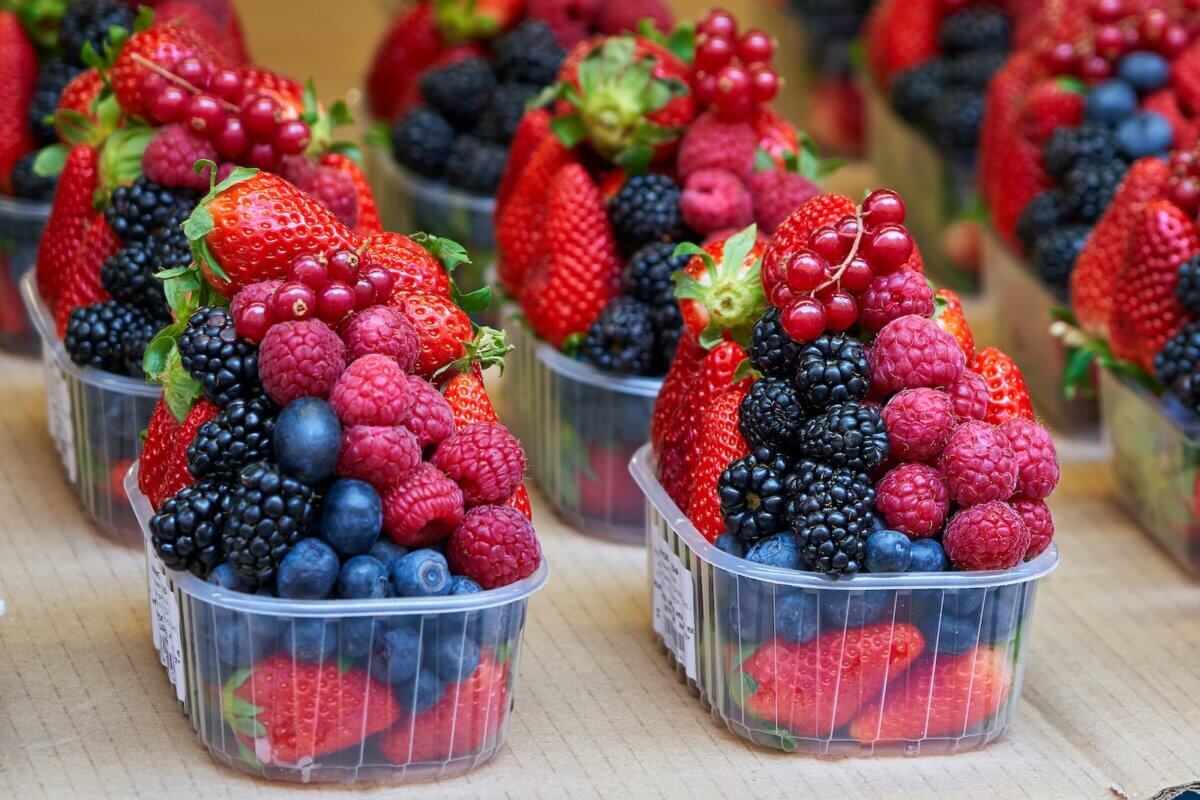
The List: Most Nutritious Berries, According to Experts
1. Strawberries
Among all of the fruits, the strawberry is the richest in folic acid, a substance that is necessary to prevent anemia. “This vitamin bomb is widely available, especially in the summer. The strawberry is delicious straight from the hand, with cream, ice cream, or yogurt! In addition to the blueberry, strawberries contain the highest vitamin C content,” states Kitchen Habit.
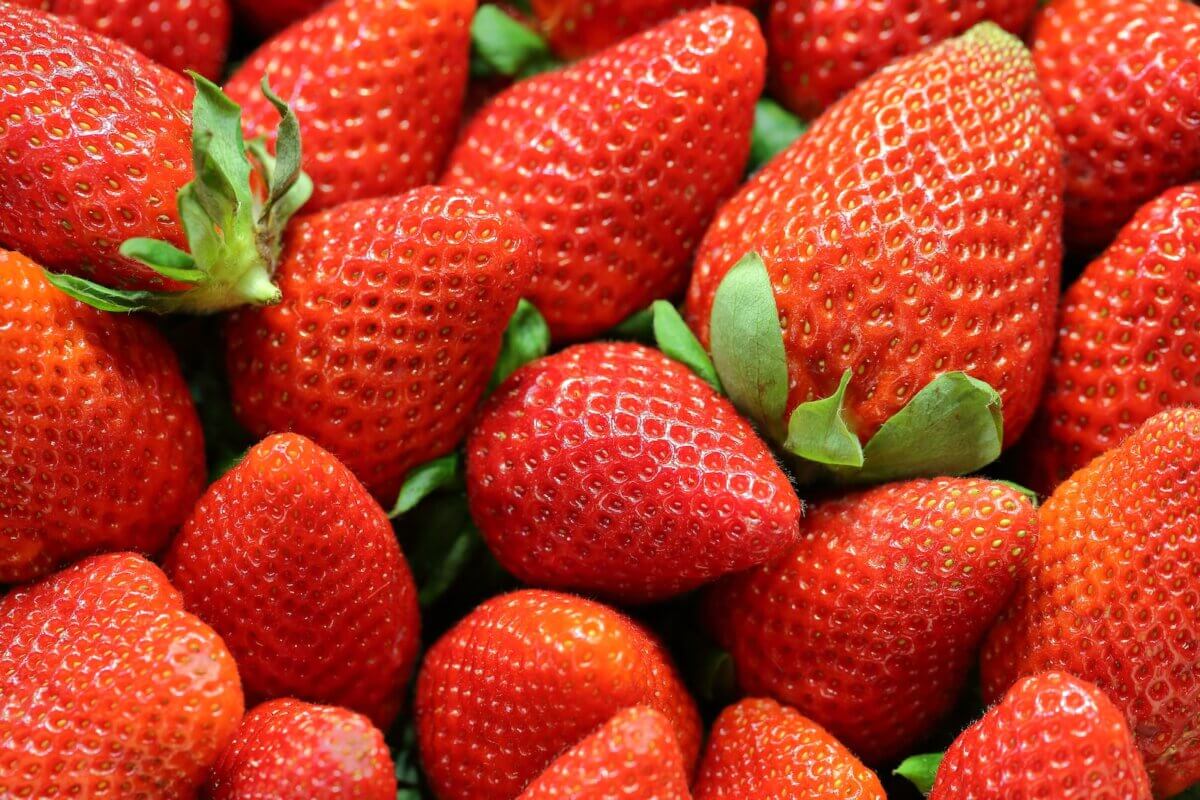
Just to give you an idea of a strawberry’s nutrition, a serving of eight serves up even more vitamin C than an orange! “With its antioxidant properties, you’ll find these berries are a great source of potassium as well as manganese. Additionally, these fruits are known to lower blood pressure, protect your heart health, and increase your HDL (the good cholesterol),” explains Kor Shots.
Strawberries are the most consumed berries in the world. They benefit your health in more ways than one. “Strawberries can also reduce inflammation by lowering inflammatory chemicals in the blood, they can help control blood sugar levels, useful for preventing diabetes,” says Iswari.
2. Blueberries
According to an actual study published by the American Heart Association, eating at least three servings of blueberries can save women from heart attacks. Healthier Steps elaborates, “Researchers reviewed the berry-eating habits of 93,600 women between the age of 25 and 42 over 18 years. At the end of the study, they concluded that women who ate three or more servings of blueberries per week reduced their risk of heart attack by as much as one-third. However, women who ate a diet rich in other fruits and vegetables did not enjoy the same reduced heart attack risks.”
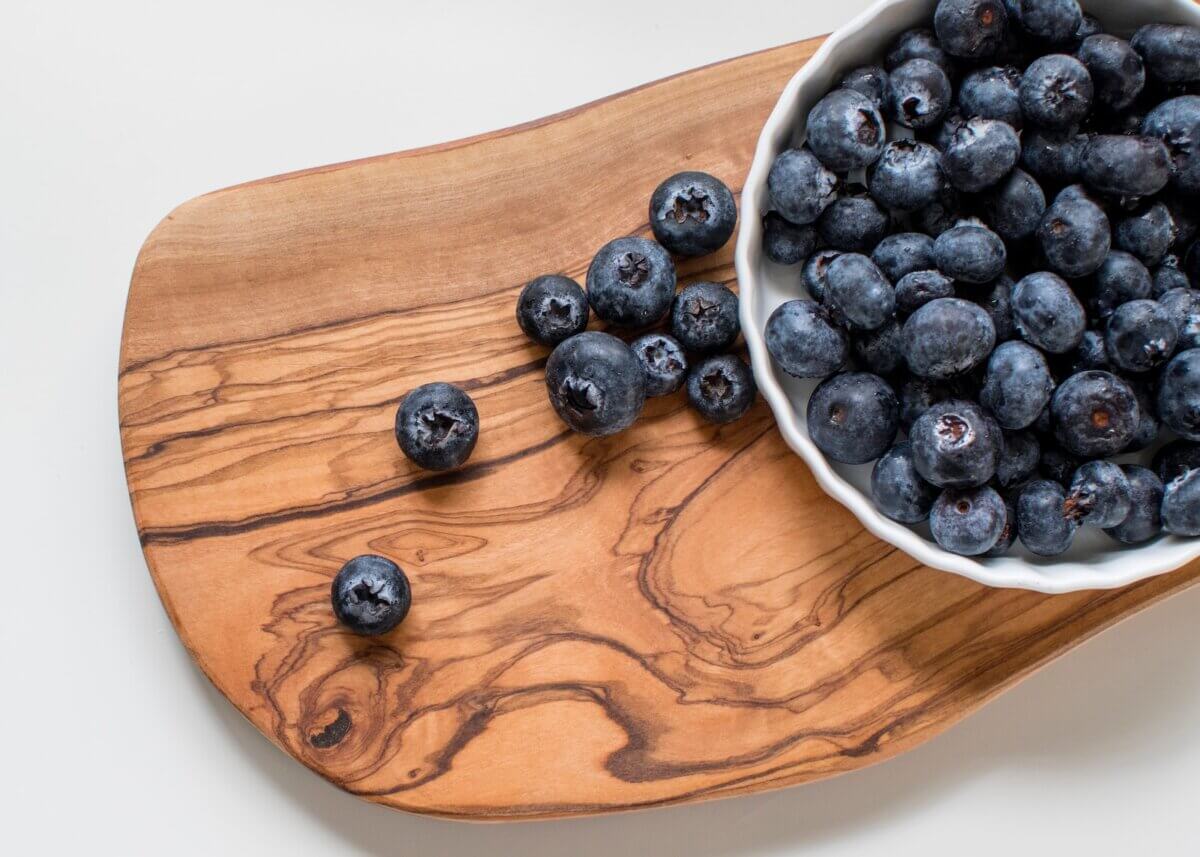
Not only for fighting heart disease but eating a handful daily for anyone is also an effective way to boost your immune system and strengthen your metabolism. “Blueberries are a great source of vitamin K. They are rich in antioxidants that may lower the risk of heart disease and reduce oxidative stress that could put you at higher risk. Eating blueberries might even enhance the function of your arteries and reduce your risk of developing diabetes,” states Medicine Net.
These antioxidants in blueberries can reduce oxidative stress which in turn reduces the overall risk of heart disease in both people who are at a high risk of heart disease and healthy people. “Blueberries have been found to lower ‘LDL’ cholesterol levels which means the risk of heart attacks is reduced and artery function is enhanced. Studies also suggest that consumption of blueberries can improve and increase insulin sensitivity. These findings correlate with a reduced risk of type 2 diabetes by almost 26%,” states Future Fit.
3. Raspberries
Once the harvesters pick raspberries off the plant, they go directly into a container, touched only once by human hands. “A cup will get you half of your daily vitamin C content, 8 grams of fiber, and possibly some stained fingers,” says Business Insider.
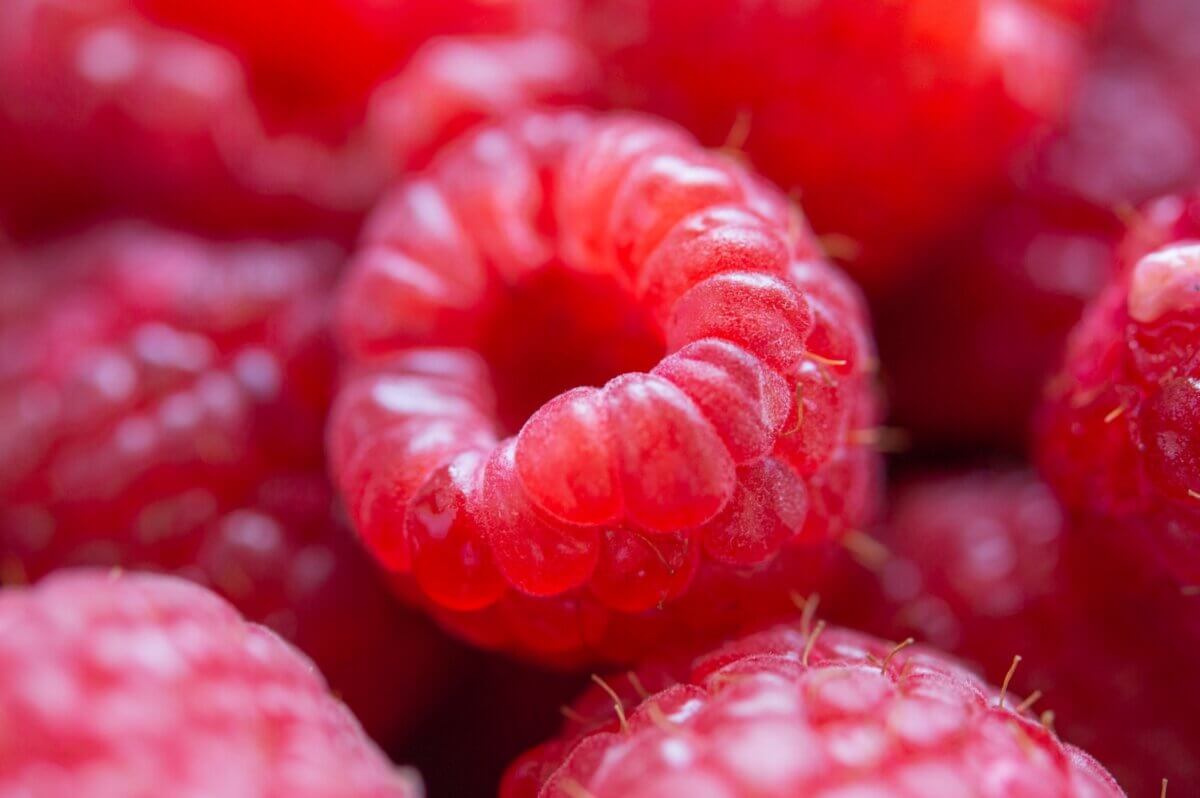
Black raspberries are especially beneficial for heart health and reduce the risk factors for heart disease, blood pressure, and blood cholesterol. “Black raspberries can reduce inflammation in those who suffer from metabolic syndrome by reducing the size of polyps found in the colon – these are abnormal cell growths that can ultimately lead to cancer,” explains Future Fit.
In addition to vitamin C, vitamin K, and manganese, raspberries carry an impressive amount of fiber. “Berry for berry—ounce for ounce, raspberries have more fiber than blueberries, strawberries, and any other berry for that matter except for blackberries (they are tied in fiber content). One cup (123 grams) of raspberries packs 8 grams of dietary fiber,” offers Fitore.
4. Goji Berries
Goji berries originate in China and are used in traditional medicine for thousands of years. “Goji berries contain high levels of vitamin A and zeaxanthin, both important for eye health. Like many other berries, goji berries contain antioxidant polyphenols. In addition to being good for the skin and fighting cell oxidation, goji berries can help you lose weight by activating your metabolism,” shares Iswari.
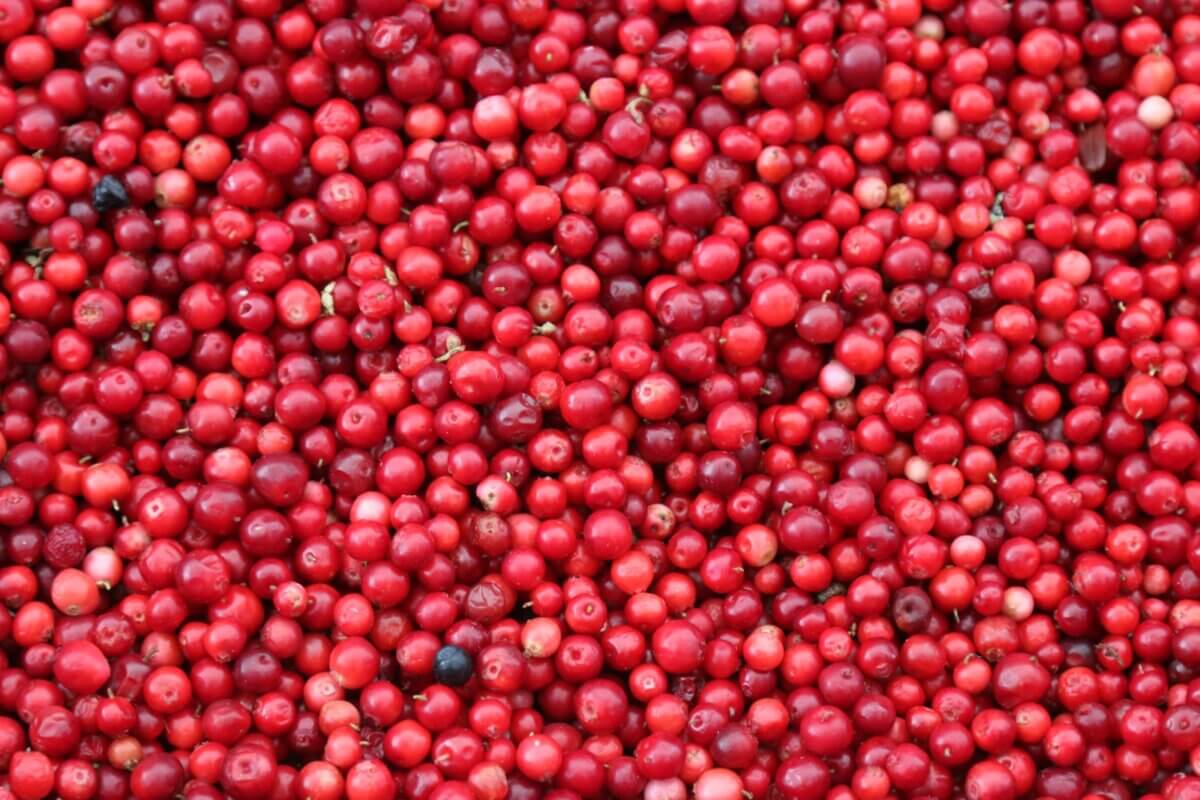
You can eat goji berries directly from the bag, to stock up on antioxidants. You can also use them as toppings for ice cream and other treats. “Goji’s phytonutrient and vitamin and mineral content, include over 100 percent of your daily value of vitamin A, plus 11 essential amino acids. Goji berries are consumed to support heart health, fight low mood, protect skin and eye health, and improve immunity,” shares Dr. Axe.
The Goji Berry has several wonderful health benefits, from anti-aging effects to protection against certain types of eye diseases. “The healthy antioxidants that goji berries contain may fight against harmful free radicals and inflammation in the body. So, adding them to your diet can help stabilize blood sugar, build immunity, and protect against certain illnesses,” shares Medicine Net.
5. Cranberries
Cranberries are mainly grown in North America. Cranberries contain a lot of vitamin C, but also proanthocyanidins. “Cranberries are good for your bladder and rich in antioxidants. In addition, cranberries also contain large amounts of flavonoids. Flavonoids relax blood vessels, dilating them and lowering blood pressure. Delicious to cook with, but just like the blueberry, it is also available as a juice,” says Kitchen Habit.
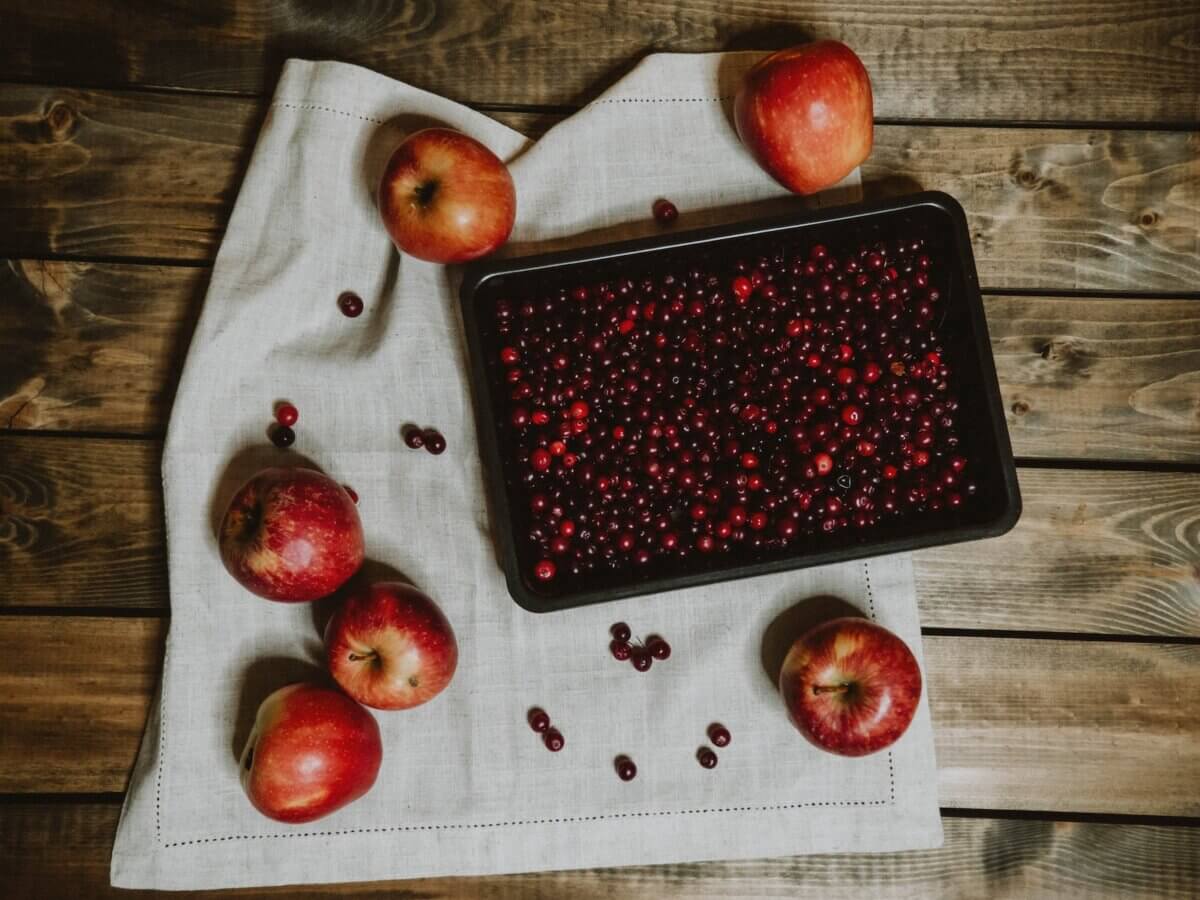
The proanthocyanins in cranberries ensure that bacteria cannot adhere to the bladder wall, which helps to prevent a bladder infection. “Cranberries are low in sugar and calories. Cranberries are especially beneficial for people who have diabetes, heart disease, high blood pressure, and other health conditions,” says Healthier Steps.
Once a year, fresh cranberries are harvested between mid-September through November, which is why they’re such a popular dish during Thanksgiving time! “Once you try fresh cranberries, you’ll want to skip the jelly version in a can forever. These berries are related to blueberries and are filled with tons of vitamins and nutrients,” adds Kor Shots.
You might also be interested in:
- Best Anti-Cancer Foods
- Best Fruit for Weight Loss
- Best Smoothie Recipes
- Healthiest Meats for Your Diet
Sources:
- Kitchen Habit
- Kor Shots
- Iswari
- Healthier Steps
- Medicine Net
- Business Insider
- Future Fit
- Fitore
- Healthline
- Dr. Axe
Note: This article was not paid for nor sponsored. StudyFinds is not connected to nor partnered with any of the brands mentioned and receives no compensation for its recommendations.
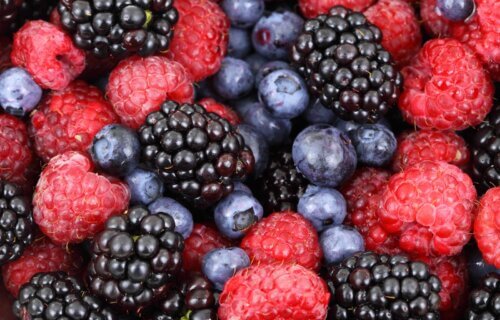
Non-organic strawberries are repeatedly included in the list of the “Dirty Dozen” (12 fruits and vegetables with the highest levels of pesticides).
Because the pesticides get absorbed and stuck in the little nooks and crannies, it makes it impossible to wash the pesticides off. Strawberries is one fruit I must buy organic, broccoli is another one, for the same reason